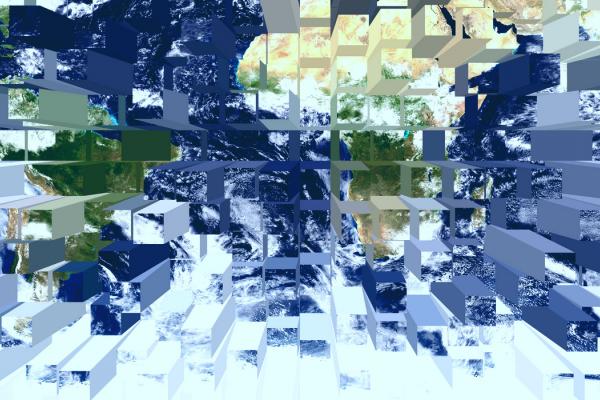While there is no more important moment to be deeply engaged in the realities impacting our global family, there is also no more important moment to be fully present to the world that is pulsating right in front of us in our homes and on our streets.
There are currently dozens of national and global realities swirling around us that can cause us to fear, worry, and pour our precious energy and attention outward. Our smart phone notifications go off and we are once again a screen away from the other side of the globe or at the center of another partisan debate. What can be used as a critical asset in our global engagement quickly becomes the source of our paralysis and distances us from what is right in front of us.
Read the Full Article

